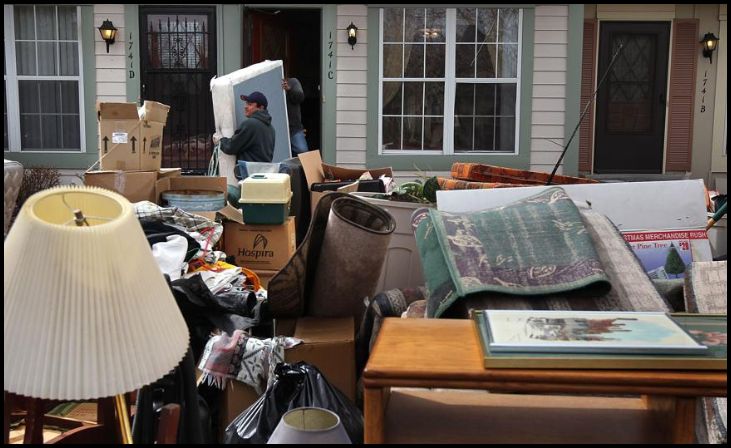When we think about societal norms and expectations, there’s often an unspoken hierarchy of behaviors and habits that are deemed “lower class” by many. These judgments can be unfair and overlook the complexity of individual circumstances. Let’s delve into seven habits that society tends to consider as lower class, exploring their nuances and shedding light on the misconceptions surrounding them.
1. Public Transportation Usage
In some circles, using public transportation is viewed as a sign of lower socioeconomic status. However, this overlooks the environmental benefits of public transit and the financial prudence it represents for many individuals. Transportation choices shouldn’t be markers of class but rather practical decisions based on various factors.
2. Living in Rental Housing

Owning a home is often seen as a symbol of success, while renting is sometimes stigmatized as lower class. Yet, renting can offer flexibility and financial stability, especially in volatile housing markets. It’s essential to recognize that both renting and owning have their advantages and shouldn’t be judged solely on social status.
3. Wearing Secondhand Clothing
The stigma around wearing secondhand clothes stems from the misconception that new equals better. However, thrifting and buying secondhand not only reduce waste but also allow individuals to express their unique style affordably. Fashion should be about personal expression, not societal validation.
4. Eating Fast Food

Fast food consumption is often associated with lower-income individuals due to its affordability and convenience. However, access to healthy food options varies widely, and many people make the best choices they can within their means. Judging dietary habits without considering broader socioeconomic factors is shortsighted.
5. Using Coupons and Shopping Sales
Frugality is sometimes mistaken for a lack of means when, in reality, it reflects financial responsibility and savvy budgeting. Using coupons and seeking sales isn’t a sign of lower class; it’s a smart approach to managing expenses and making the most of one’s budget, regardless of income level.
6. Working Manual Labor Jobs

Manual labor jobs are often undervalued and stigmatized despite being essential to various industries. The dignity of work shouldn’t be determined by the type of job but by the effort and dedication put into it. Every job, regardless of its nature, contributes to society and deserves respect.
7. Not Pursuing Higher Education
While higher education is valuable and opens doors to opportunities, it’s not the only path to success. Many successful individuals have thrived without traditional degrees, showcasing that talent, determination, and hard work can lead to success irrespective of formal education. Society should celebrate diverse paths to achievement.
In conclusion, societal judgments based on habits perceived as lower class often stem from narrow perspectives and stereotypes. It’s crucial to recognize the complexity of individual choices and circumstances before making assumptions about someone’s social status or worth. Embracing diversity in lifestyles and choices fosters a more inclusive and understanding society.



